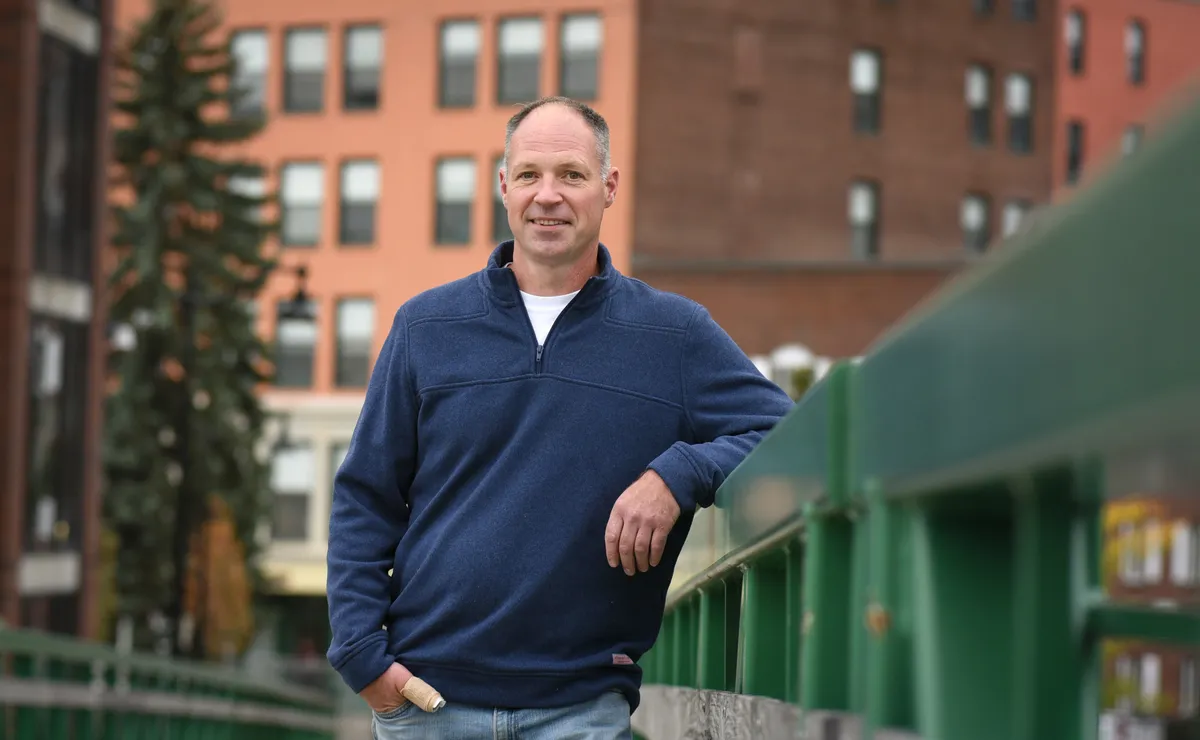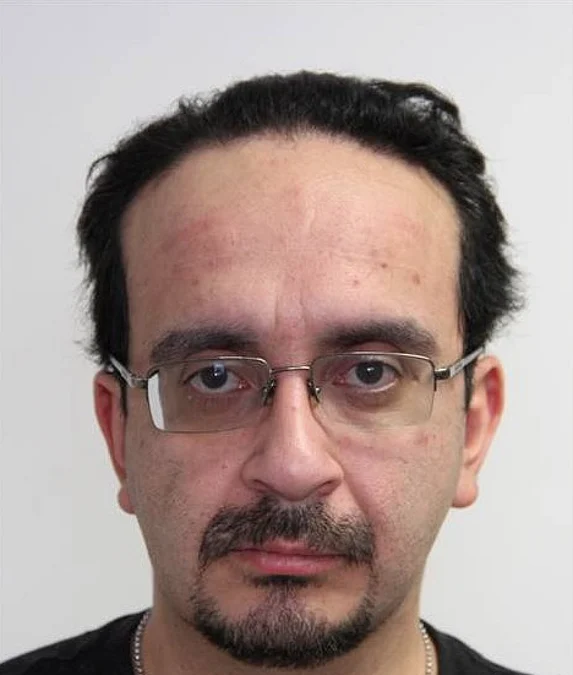
The BDN is profiling Bangor City Council candidates ahead of the election later this year. Read more coverage of the Bangor City Council here, and send questions or ideas for follow-ups to arupertus@bangordailynews.com.
For months, Steven Farren has been attending Bangor’s Historic Preservation Commission meetings as a debate drags on about his choice to defy the commission and replace his home’s aging slate roof with asphalt.
Throughout that process, Farren said he’s observed what he believes to be unethical behavior by members of city boards, who are appointed by City Council — and that experience inspired him to run for a council seat himself.
Farren has lived in Bangor for about eight and a half years and is unenrolled in a political party, he said. He resides in the Broadway Historic District and owns General Mechanix, a business that offers plumbing, heating and remodeling services.
He told the Bangor Daily News he’d like to reduce spending and run the city more like a business if elected to City Council.
“Government may not be a business, but it needs to be run like a business, because every taxpayer, every property owner is a shareholder in your business,” Farren said.
“The waste in spending here is exorbitant,” he added, noting that he’s seen the city pave roads only to dig them up shortly afterward to fix other problems.
Farren is among the nine candidates running for three seats on City Council this year. While the experience of replacing his slate roof was what initially inspired him to enter the race, Farren believes his experience in construction and as a business owner would be an asset to the council.
“I know how to develop and what can be done cost effectively,” said Farren, who also owns rental properties.
When asked about his ideas for solving Bangor’s housing crisis, he said the city shouldn’t “be in the housing business.”
“I think they have enough things that they can’t deal with now,” Farren said. “They don’t need to become developers.”
Instead, Farren said Bangor should encourage developers to build in the city by waiving certain building or permit fees and using tax incentives.
But even if those ideas were implemented, Farren said he was unsure how more affordable housing could be created in the city. A study completed earlier this year by an outside real estate consulting firm found that Bangor has a shortage of 700 housing units for people earning less than $35,000 annually.
“To just say we’re going to create affordable housing, I don’t know how you do that,” he said, adding that building is expensive and landlords need to charge high rent to cover property taxes and maintenance.
“Material and labor costs are so high right now, affordable may not really be an option,” he said, adding that the city should “work within our means and try to create more affordable housing if possible and come up with a realistic approach as to what affordable is now.”
Farren also said he didn’t think the city’s strategies to combat homelessness are working, although he didn’t offer any alternative ideas when asked how he would address the issue.
“What we’ve done over the past 10 years, 20 years — has that improved anything? From what I can see, it hasn’t done anything at all,” he said.
He noted that while he doesn’t know about all of the resources that are available to homeless people in the city, his first step in coming up with new solutions would be to talk to Bangor’s police department.
Farren added that while he doesn’t think Bangor is a violent city, he believes increasing police presence downtown could help residents feel more comfortable there.
“The presence of people makes other people feel safe, and I think if we can draw more activity and liveliness to downtown, I think we can solve that problem pretty easily,” he said.
“I think Bangor is a great place,” he added, “but I think it could be so much better.”



